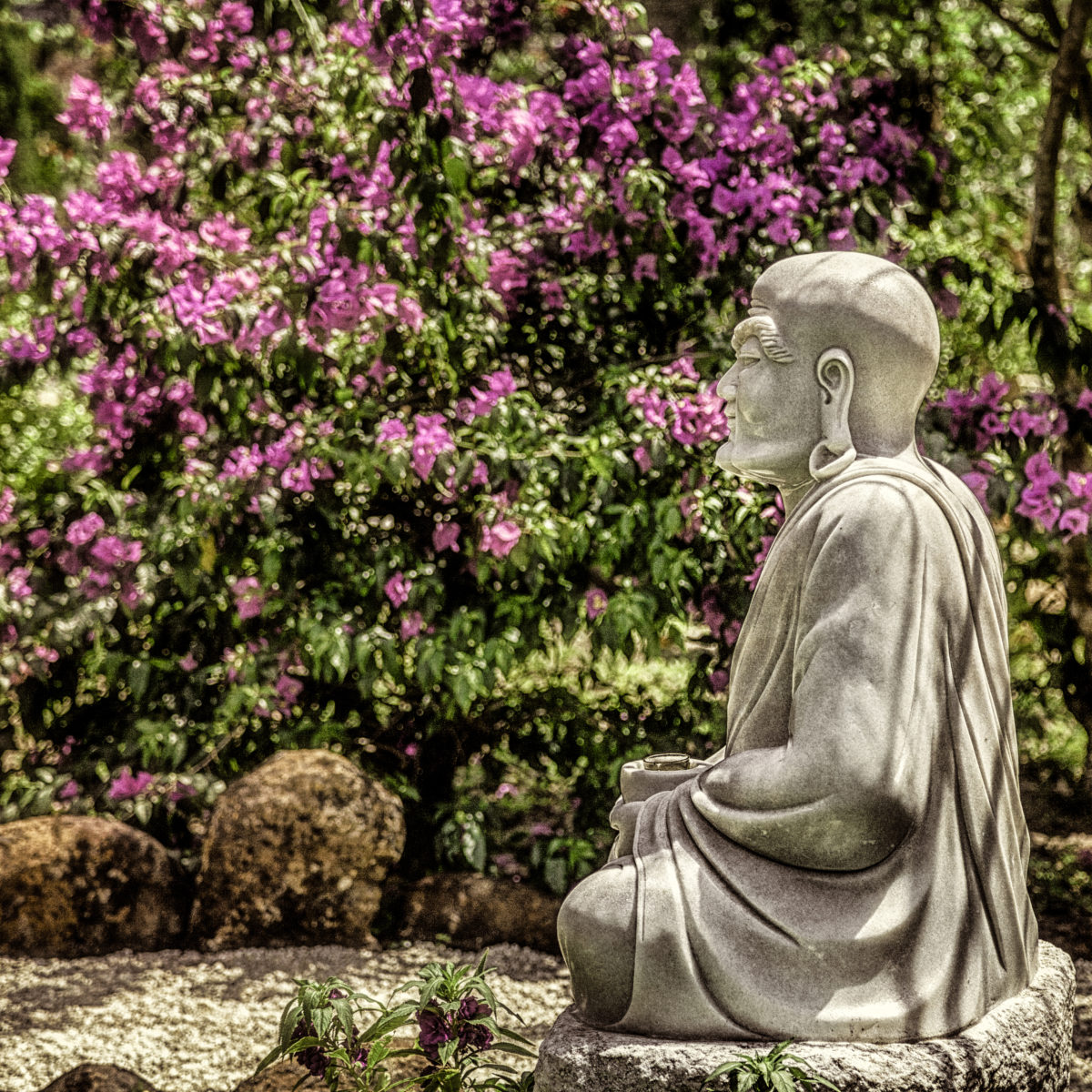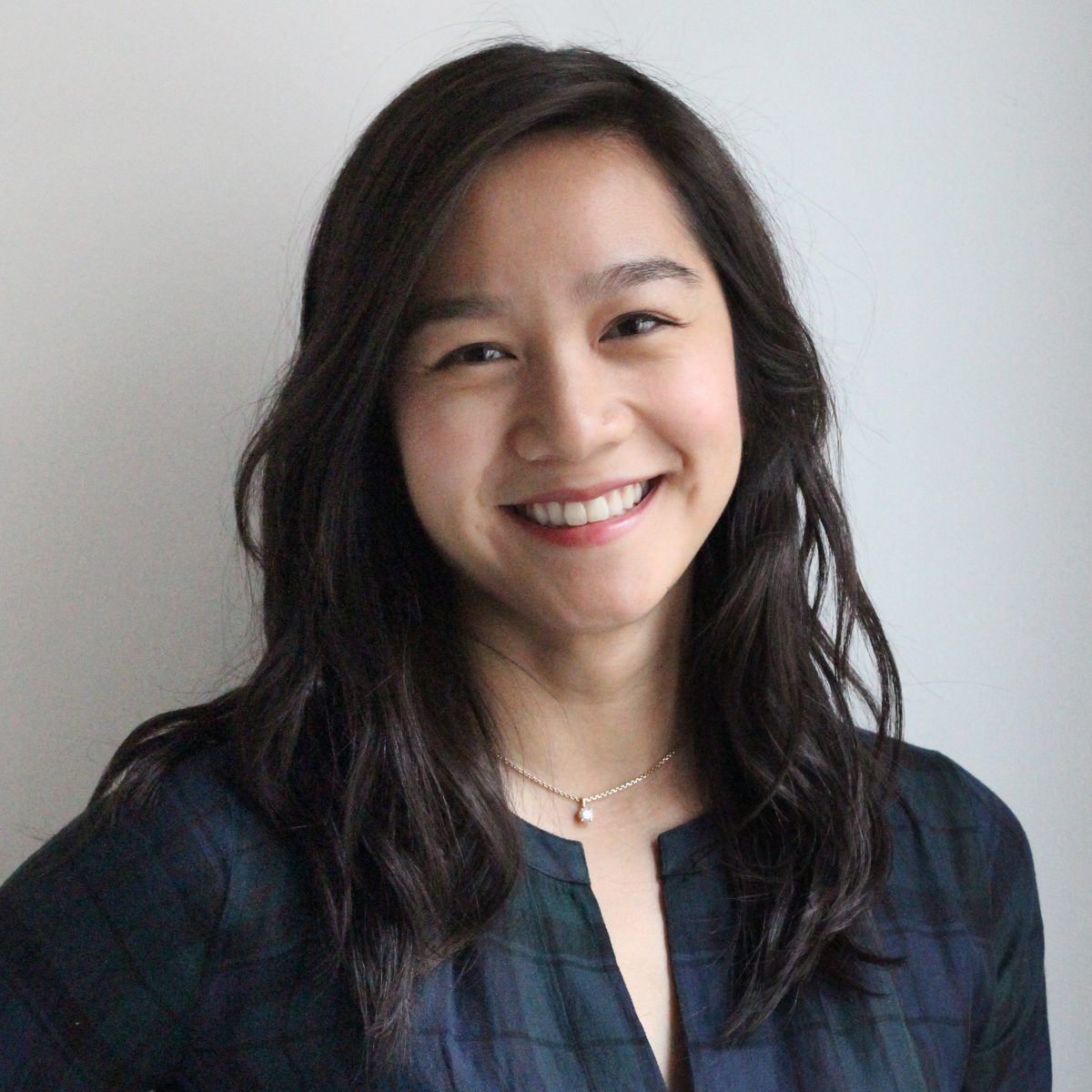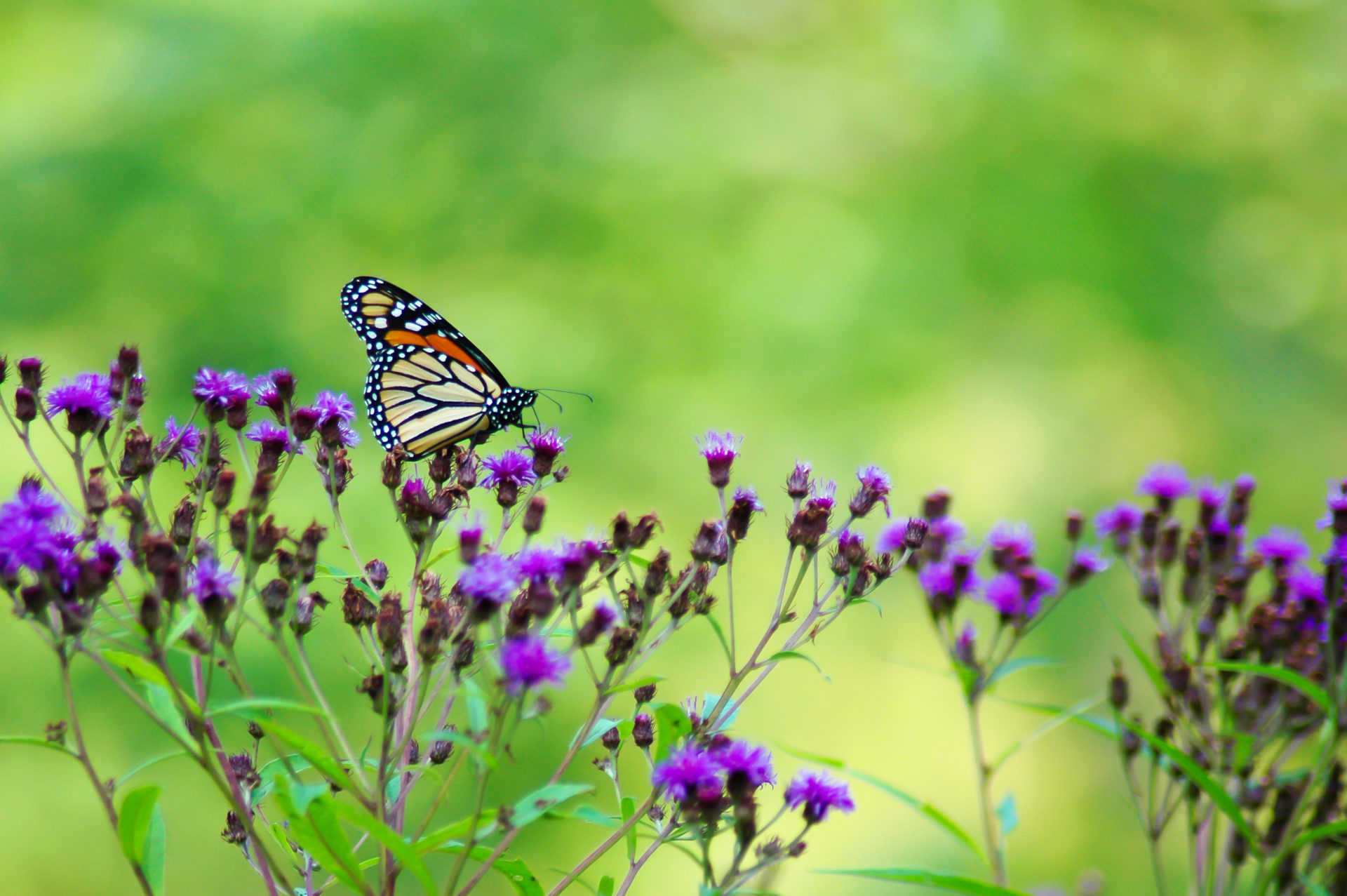Getting Close with the Pain of Injustice
By Adrienne Minh-Chau Le

I wore my Order of Interbeing jacket into a prison for the first time last fall, just two weeks after my ordination. For me, this felt very natural. The brown jacket, a symbol of our engaged Buddhist practice, is meant to be worn into places where people are suffering.
Getting Close with the Pain of Injustice
By Adrienne Minh-Chau Le

I wore my Order of Interbeing jacket into a prison for the first time last fall, just two weeks after my ordination. For me, this felt very natural. The brown jacket, a symbol of our engaged Buddhist practice, is meant to be worn into places where people are suffering. After all, Thay established the Order of Interbeing as a vehicle for social work to relieve the suffering of forgotten people during the Vietnam War. It would not make sense to confine this spirit to Sangha gatherings and meditation halls. All of the positive, loving energy I soaked up during my ordination ceremony came with me into that prison, where I visited a person who had been incarcerated and deprived of compassion for nearly 40 years.
During my college career I learned about the deep injustices of American society. I studied, wrote about, and discussed our criminal justice system and our histories and legacies of racism. I was galvanized to speak out and do something to help change the status quo. I went into nonprofit advocacy work. But my spiritual and social justice education truly began when I started working closely with incarcerated people as a volunteer with the Parole Preparation Project in New York City.
Looking at systems that cause suffering from afar is completely different from getting close and actually feeling what it is like to be caught in those systems. I read Michelle Alexander's book, The New Jim Crow: Mass Incarceration in the Age of Colorblindness, years before I entered a prison for the first time. To actually go there and witness the toll that such an inhumane environment takes on everyone involved opened my eyes in ways my studies could not.
What changed my relationship with social justice work, and enabled me to bridge it with my spiritual practice, was getting proximate to the pain of injustice. I got to know individuals who once committed horrendous crimes. I pushed myself to see the full person in front of me, to see beyond the worst thing they'd ever done. It was an active practice of expanding my idea of who is "worthy" of compassion. In return I got the most profound gift. I earned another person's trust and felt the container of my heart expand. I became invested in another's liberation—both literal and spiritual—and saw with my own eyes how redemption is possible.
Both of the parole applicants I have worked with in the past two years have been granted release. Both spent their entire adult lives, into their late fifties, in prison, yet they had against all odds maintained hope for a second chance at life. This is a reality I cannot even begin to fathom. Though our lived experiences are worlds apart, I consider these individuals wise mentors and they consider me a dear friend.
One of these wise mentors of mine often refers to a quote from Thay's book, Reconciliation: Healing the Inner Child. "If you can measure your heart, it is not big enough." He taught me that my heart can only grow if I break it open to other people.

Adrienne Minh-Chau Le, True Manifestation of Goodness, is a marketing and nonprofit strategy consultant based in New York City. She is a core member of ARISE Sangha and serves on the board of the Thich Nhat Hanh Foundation.

